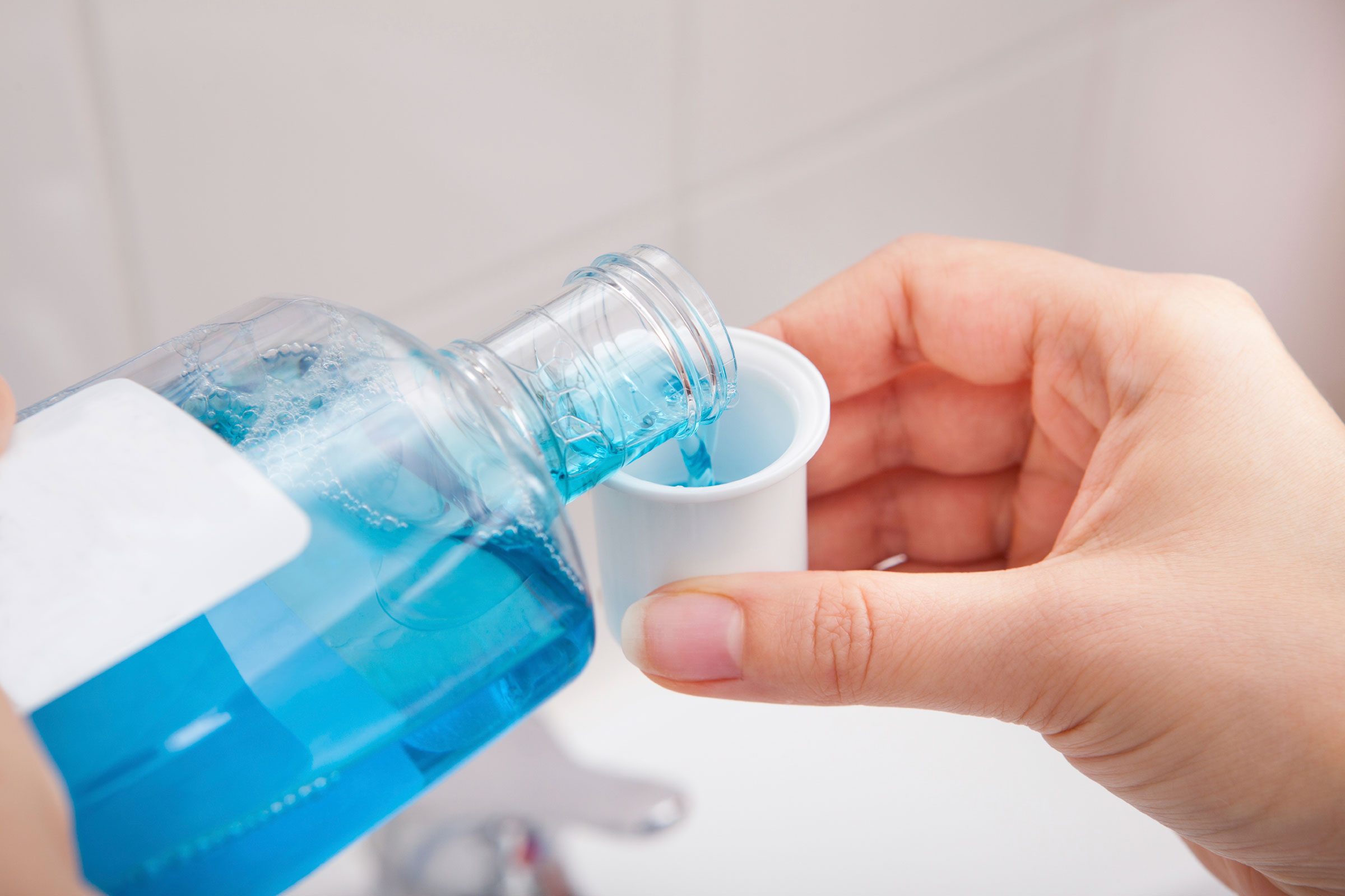
Mouthwash
If you brush, floss, and get regular pro cleanings, mouthwash is probably not necessary for your oral health, according to many dentists on ShareCare.com. “Most mouthwashes are only effective at the very surface,” noted Dante Gonzalez, DMD. “If plaque and bacteria are allowed to build up on the teeth and tissues, the mouthwash is not very effective at penetrating into the plaque.” Thomas Connelly, DDS, who said he is not crazy about mouthwash, also said that they do kill bacteria, but the effects don’t last very long. Also, the alcohol dries out your mouth, which can actually increase bacterial growth. If you do want to swish, pick a product that’s right for you—those with cavity-fighting fluoride, for example, aren’t great if you have gum disease. RealSimple.com offers a helpful primer if you need.
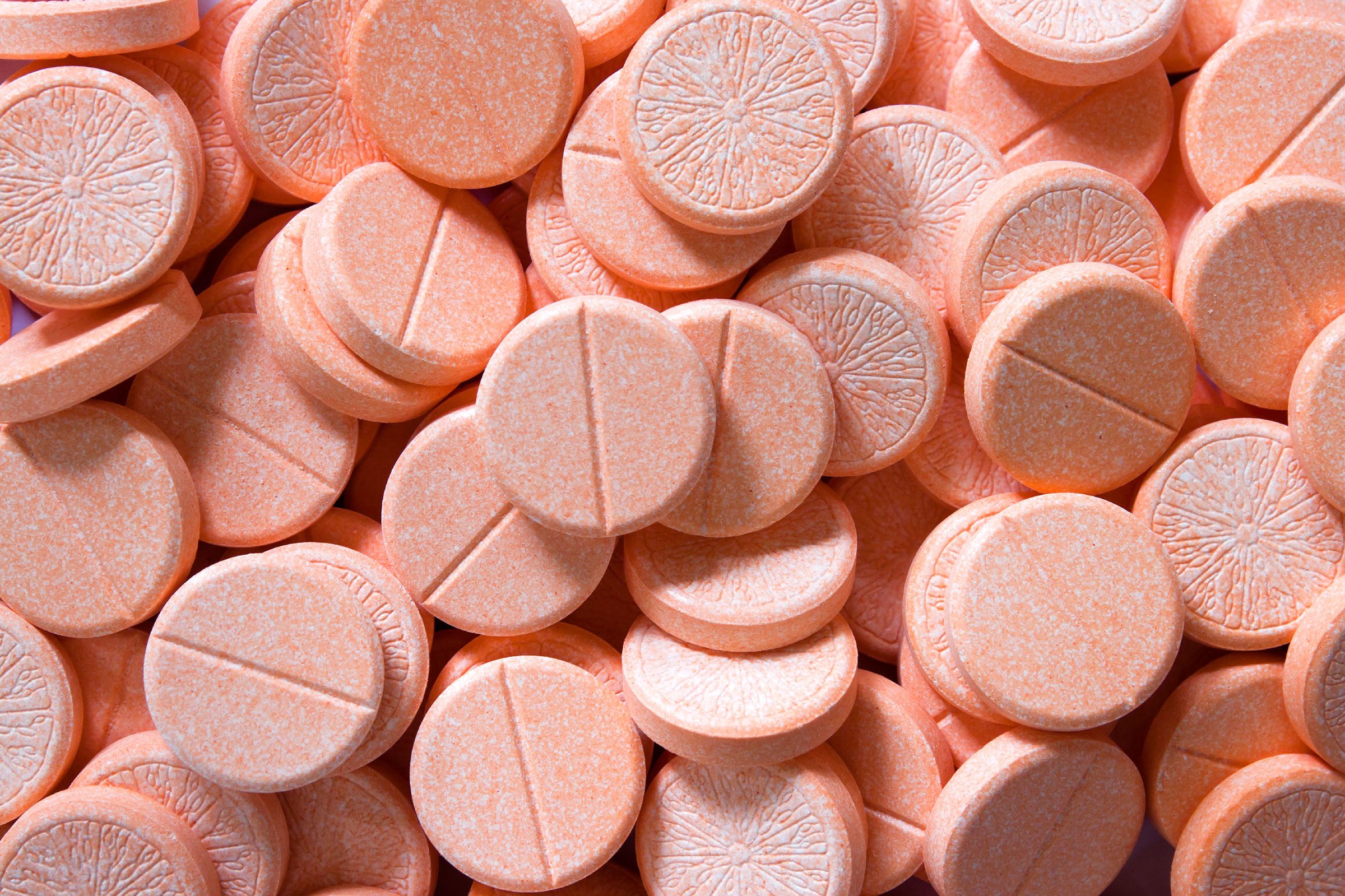
Vitamin C
Think megadoses of C will keep the common cold at bay? Mark Levine, MD, a researcher at the National Institute of Diabetes and Digestive and Kidney Diseases, told Reader’s Digest that popping C supplements will basically just give you expensive urine. To get the health benefits of protection from cancer, heart disease, age-related macular degeneration, and more come, the best evidence comes from studies where people consume vitamin C naturally in their diets, not through supplements. Also important: “The body works very hard to absorb low amounts of vitamin C,” Dr. Levine says. “But as the dose goes up, you absorb much less, and you excrete the extra vitamin C through your urine in a matter of hours.”

Pricey Sunscreen
When it comes to protection against UV rays (responsible for skin cancer and wrinkles), you don’t always get what you pay for. In its 2013 review of sunscreens, Consumer Reports found that the least effective sunscreens were also the priciest. Of the top-rated sunscreens, three were generic store brands from Target, Walmart, and Walgreens, each costing less than $1.67 per ounce. Nearly all dermatologists acknowledge that we are not good at applying sunscreen properly, which greatly diminishes its protective abilities. That might change if you buy sunscreen that you can afford to apply liberally and often—ideally every two or three hours during a day at the beach.
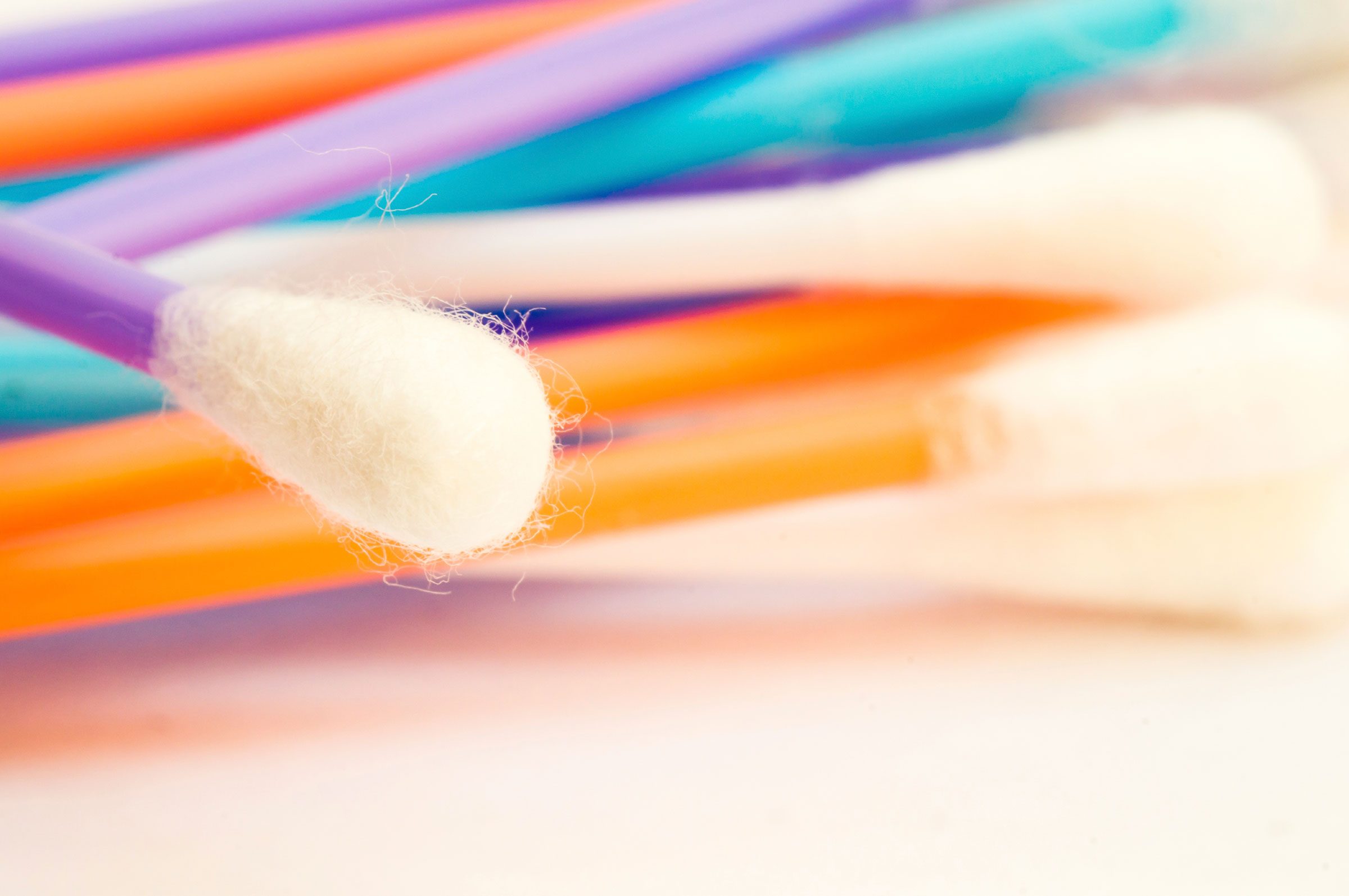
Cotton Swabs for Ears
“Buy Q-Tips if you want to make your ear doctor rich,” Stephen Rothstein, MD, a clinical associate professor at NYU in the department of otolaryngology, said his grandmother used to tell him. Wax may look and feel nasty, but resist the urge to scoop it out with a swab. For one thing, your body makes the wax for a reason: It works as a lubricant, defends against foreign objects, and even has antimicrobial properties. Cotton swabs can push the wax too far into the ear canal, where it can harden and create a blockage—and that may affect your hearing.
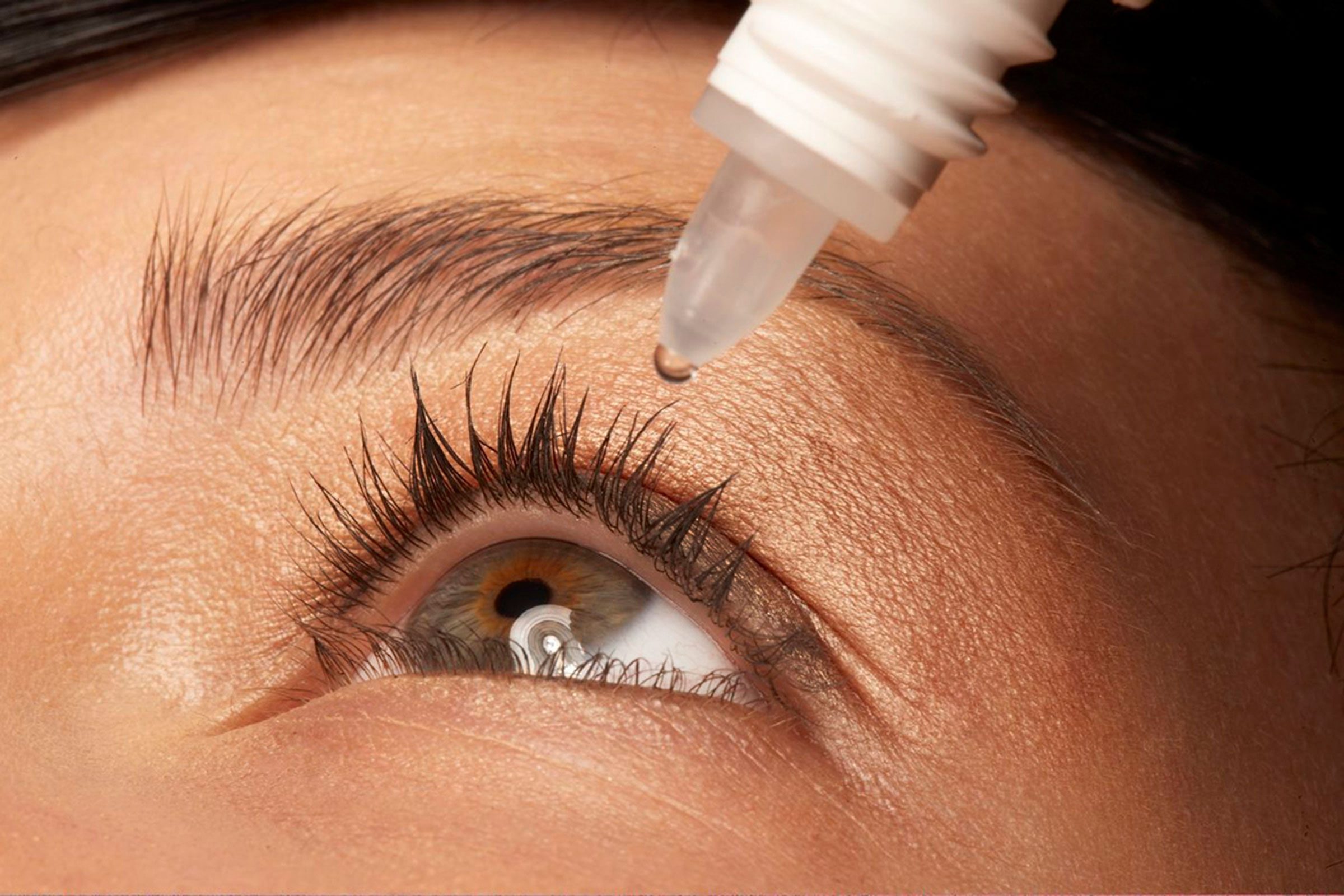
Eyedrops for Redness
You may turn to these when you wake up looking like a zombie, but experts advise against using eyedrops regularly. Mark Melrose, an emergency physician and owner of Urgent Care Manhattan, told USNews.com that they can mask a more serious underlying problem, like dry eye, allergies, or irritation from contact lenses. Eyedrops can even make matters worse, triggering persistent redness because your eyes can get used to them. If your eyes look bloodshot and irritated, first see a doctor to figure out if there’s an underlying issue, Melrose advised.
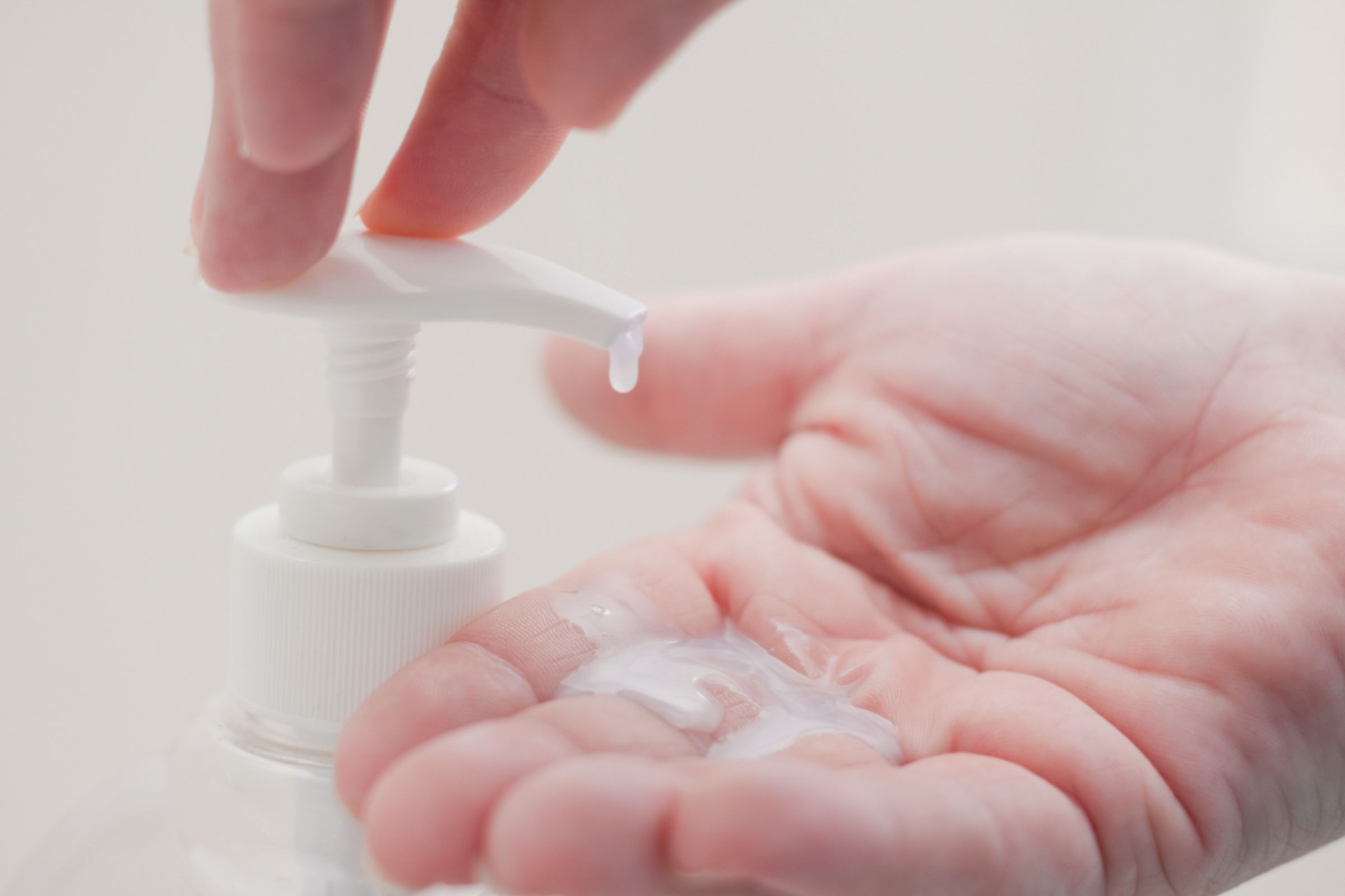
Facial Toner
There’s something satisfying about the squeaky-clean feeling you get after you swipe on toner, but it’s probably an unnecessary step in your beauty routine, dermatologist Doris Day, MD, told WomansDay.com. Newer soaps don’t leave the residue that toner was invented to remove, the article explains.